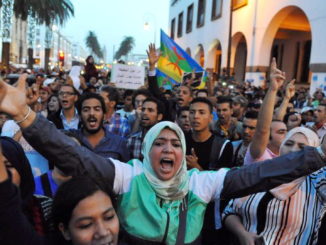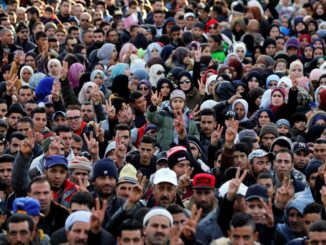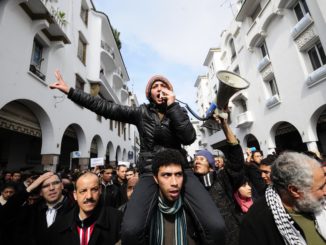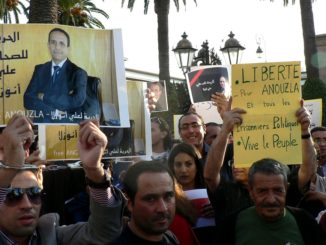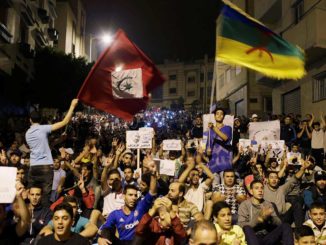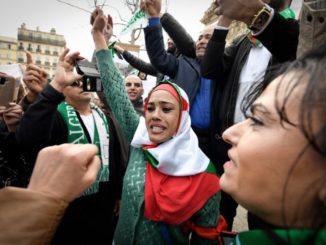
The People’s Uprising in Algeria: A View From the Streets
Algeria's longest serving president stepped down last week following massive protests against his rule. "Bouteflika's resignation is a first step. He embodies the system. Now the struggle to build a new Algeria will continue," said activist Fares Kader Affak.

